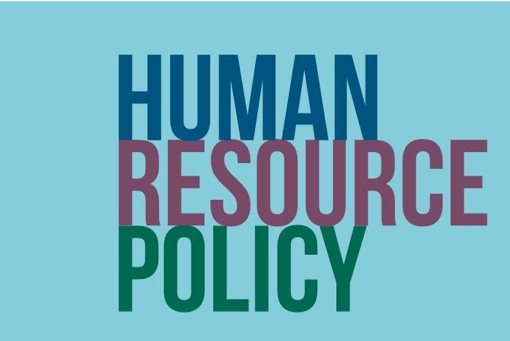The ultimate objective of putting policies regarding human resources in place is to make employee management more productive. It also ensures that the organization functions smoothly. By including HR Policies, you create a foundation, and a solid one at that, for your business to manage your employees and lead them towards prosperity and growth. The ultimate objective of putting policies regarding human resources in place is to make employee management more productive. It also ensures that the organization functions smoothly. By including HR Policies, you create a foundation, and a solid one at that, for your business to manage your employees and lead them towards prosperity and growth.
1. Contract: It isn’t possible to discuss all the policies required by organizations in India to adhere to in this write-up. Nonetheless, it will include as many as possible. The first one is about contracts that every company must file as documentation for every employee working with the firm. These contracts are the roofs covering a list of human resources agreements and policies.
2. Wages: Another one of the policies worth describing involves wages. Employee payroll is a significant aspect of worker management and one of the crucial procedures conducted by the human resources department. The purpose of the HR department is to oversee and handle effective employee payroll.
3. Leave policy: Every company should have an appropriate leave policy that clarifies the pictures of the leaves every employee can take in a year. The policy has to include a thorough bifurcation of the off-days into sick leaves, casual leaves, and paid leaves. It should also mention all the public holidays.
4. Code of conduct: One more mission-critical policy is about the code of conduct of the employee, as well as the company. While it describes the vision, mission, and ethics of the business, it also enforces employee disciplinary action against a worker should they cross certain boundaries or violate an in-office code of conduct.
5. Gratuity: Among all the policies described until now, the gratuity policy is unique. It’s what a company puts into place to appreciate the services offered by a worker for the employer. It applies to every employee who provides more than five years of service to the company continuously. The employer is liable to offer a one-time payment as a gratuity to employees when they resign or get laid off.
6. Provident fund: A Provident fund, on the other hand, is a procedure that ensures an employee enjoys income security after they retire. It has been put into place since 1947 via the constitution’s Employees Provident Fund Act.
7. Maternity leave: Companies with more than ten employees should provide maternity leaves to women employees. It’s the only way to remain in tandem with The Maternity Benefits (Amendment) Act, 2017. Every woman who works for a specific company for eighty days should receive this benefit. Paternity leaves are also a thing right now.
8. Sexual harassment: However, sexual harassment policies need to be much more stringent than everything else described here. Every company must implement decisive norms, regulations, and human resource policies to ensure the workplace is safe for women.
9. An adaptive work culture: Over the last few years, the work culture of various companies has undergone significant changes. Due to the pandemic, many organizations allow their employees to do their jobs from home. Also, hundreds of employers have benefitted from this particular mode of operation. Naturally, the presence of adaptive work culture is now mandatory.
10. Employee termination: Every employer has to terminate one or two employees now and then. Also, some of the workers plan to shift to a job with better prospects. Regardless, you need to be ready to handle these emotional moments. You also need to implement an appropriate leave policy containing all the steps an employee must follow when they leave.
To conclude:
The presence of these HR procedures is mission-critical in SMEs as they provide an outline. At the same time, they ensure uniformity, appropriate management, sound justice, and rationality. They also guarantee that everyone follows the laws of employment and stays aware of their obligations toward their employer.

